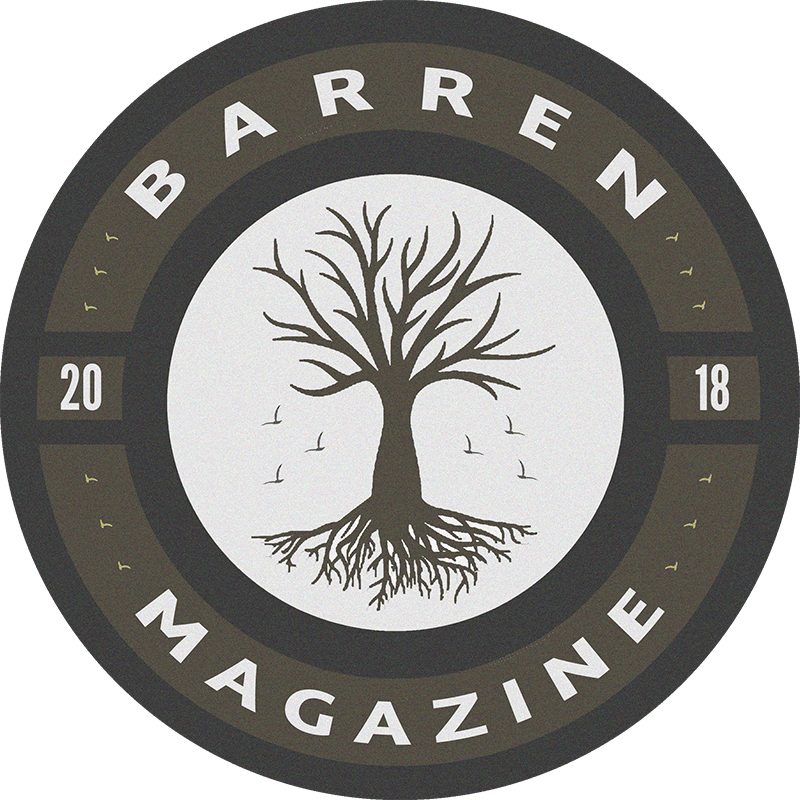(Content Warning: Genocide)
When we were ten, we fished in Lake Muhazi. The worms wriggled and squirmed as we skewered them onto cold hooks, several times over. We cast the lines as far as our prepubescent arms would let us and we sat at the end of the rickety pier, our skinny legs dangling over the edge just above the olive-brown water that lapped lazily at the wooden stilts. In the distance, hills of red earth covered in green crops basked in equatorial sunshine while, high up in the candelabra tree, a fish eagle kept a watchful eye.
Our bobbers twitched and we yanked our rods to hook the fish. We reeled them in with the excitement of a Christmas Day—hoping for a big, fat catfish, but landing tilapia the size of matchbox cars. If they were lucky, the barb stuck in their cheeks, and we’d unhook them while their mouths laboured from lack of air. We’d hurl them back into the lake and watch them swim away, smug in our kindness and compassion—though, sometimes, they’d be gored through the gill or eye, and unspeakable atrocities had to be committed.
When the sun peaked and our fingers smelled of sewage-y mud and fish scale slime, and the tilapia would no longer bite the way they had in the cool hours of morning, we jumped into the water, far from the reeds where bilharzia lurked, and into the murky depths where, we were told, otters and hippos swam, unseen. Then we dried on the pier and shielded our eyes from the sun to watch the kingfisher plunge and rise again, putting us to shame with a fish in its beak the size of a whale. At sunset, we headed home—the smell of sludge trapped in our hair, mud caked underneath our nails. We fell asleep and dreamed the dreams of ten-year-old boys.
***
One day, in April 1994, plumes of black smoke billowed up into the blue sky over Lake Muhazi—not from corn roasting on charcoal fires, but from houses and shops that were set ablaze. The sounds of children playing with wire cars and banana-leaf footballs were replaced by piercing screams and the panicked trampling of feet. Weaverbirds were silenced by the crack of guns and exploding grenades. Machetes went from harvesting sorghum and pruning banana trees, to slicing deep into human flesh. Blood flowed and snaked its way, over the red earth, towards the waters of the lake that slowly turned crimson. At dusk, as the moon emerged and papyrus rustled in the wind, the fish eagle high up in the candelabra tree contemplated corpses bobbing on the waves, thousands of them. For a long time after, no one would eat fish from the lake, knowing what they had fed upon.
***
Today, if you search on Booking.com, you’ll find eco lodges advertising luxury retreats on Lake Muhazi. Set in beautifully manicured gardens, teeming with hibiscus and frangipane, they offer a range of water sports for the adventurous soul: kayak, paddleboard, and water ski. Those who’d rather pamper themselves can enjoy a full-body massage at the wellness centre, or do yoga on a deck overlooking the lake. At sundown, champagne is served as guests birdwatch, followed by a delicious, candle-lit meal of grilled tilapia and other locally sourced ingredients. When night falls, crickets whisper the secrets of the lake—but few are those who will understand.
As tourism takes off, more hotels will be built, and shops, and maybe even nightclubs. Soon, the beaches will be privatised. The water will be covered with surfers and jet skis. The roads will improve, more petrol stations will appear, along with car parks to accommodate the increasing flow of visitors. An environmentalist might complain, but who will be able to resist the rising price of land and the alluring call of profit? The last hippo will end up in a zoo or on display in a museum, stuffed. The memories we made as ten-year-old boys will seem little more than dreams and, high up in the candelabra tree, the fish eagle—if he’s still there—will wonder how things can seem the same, yet be so very different.
Brecht De Poortere was born in Belgium and grew up in Africa. He currently lives in Paris, France. His writing has appeared in Grain, Consequence, X-R-A-Y and The Baltimore Review, amongst others, and has been nominated for Best Small Fictions and Best Microfiction. He is a reader for Consequence journal. You can follow him on Twitter @brecht_dp or visit his website www.brechtdepoortere.com.

Leave a Reply